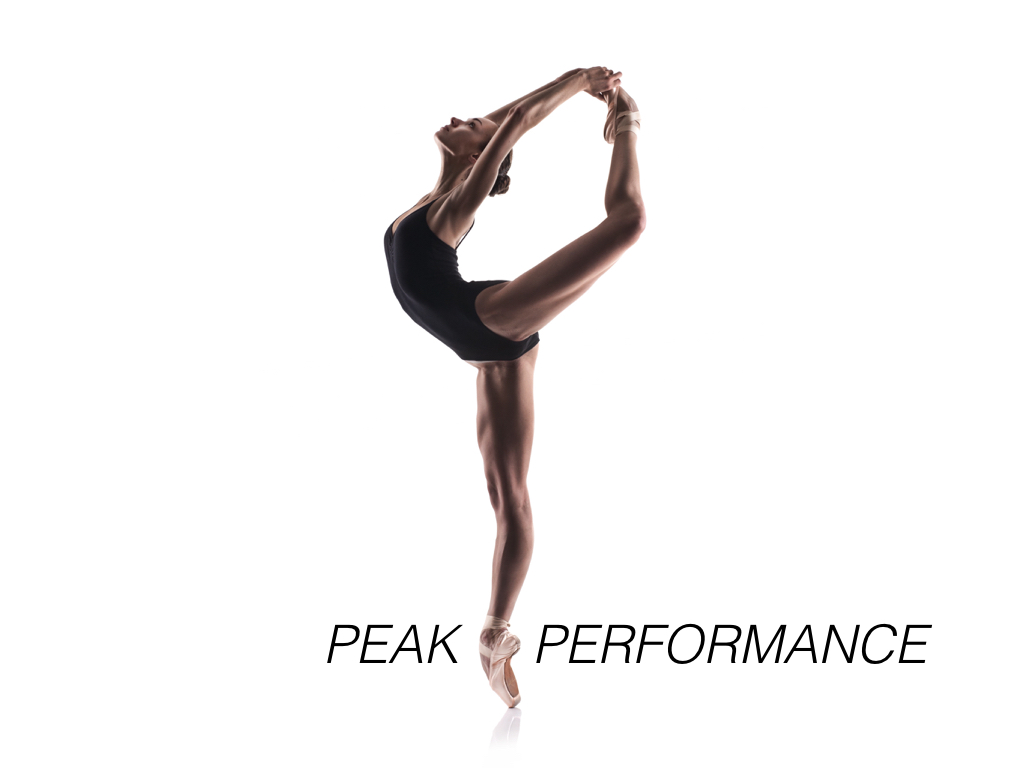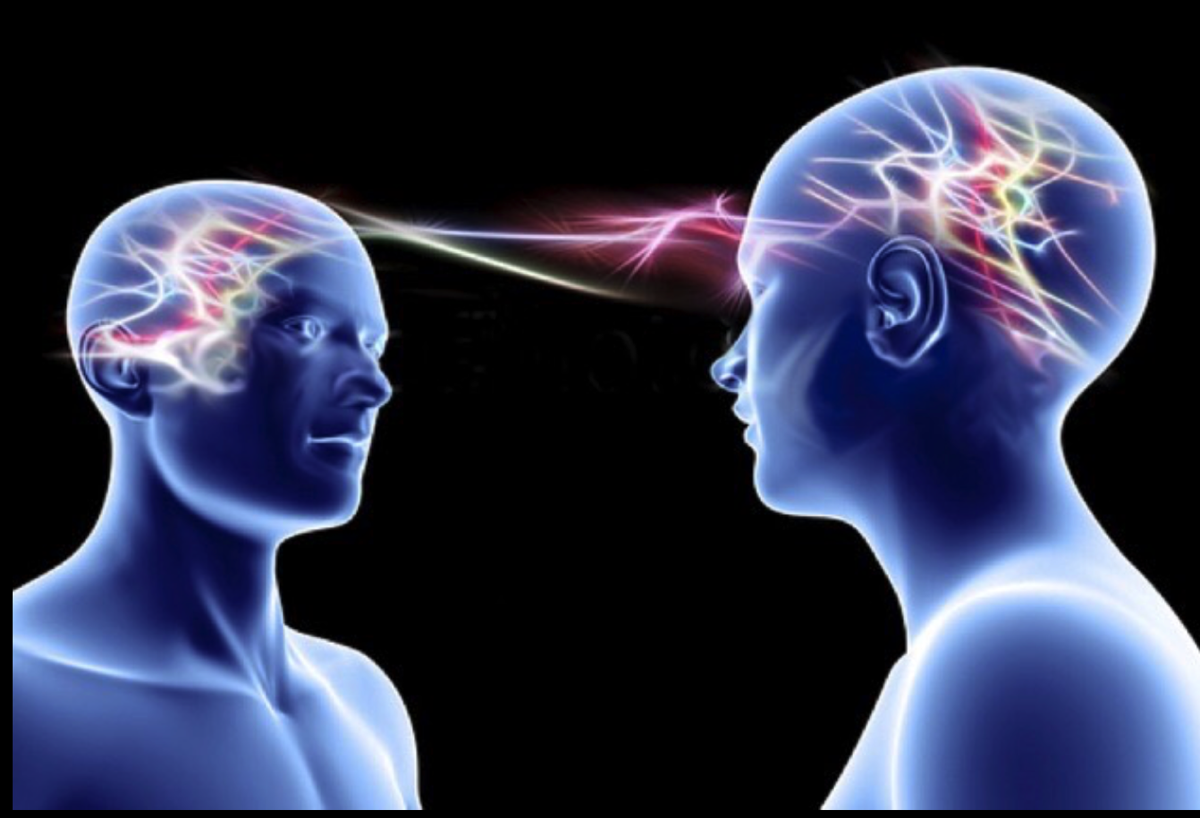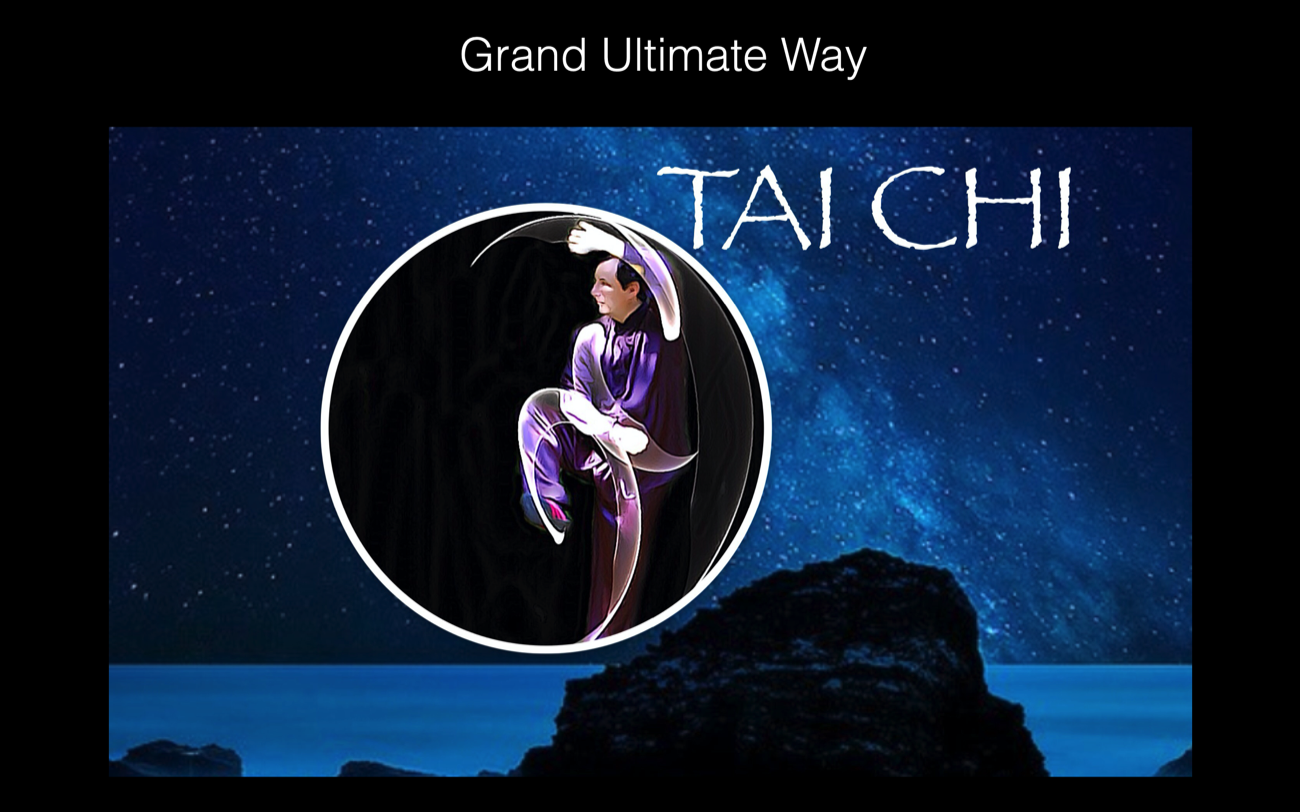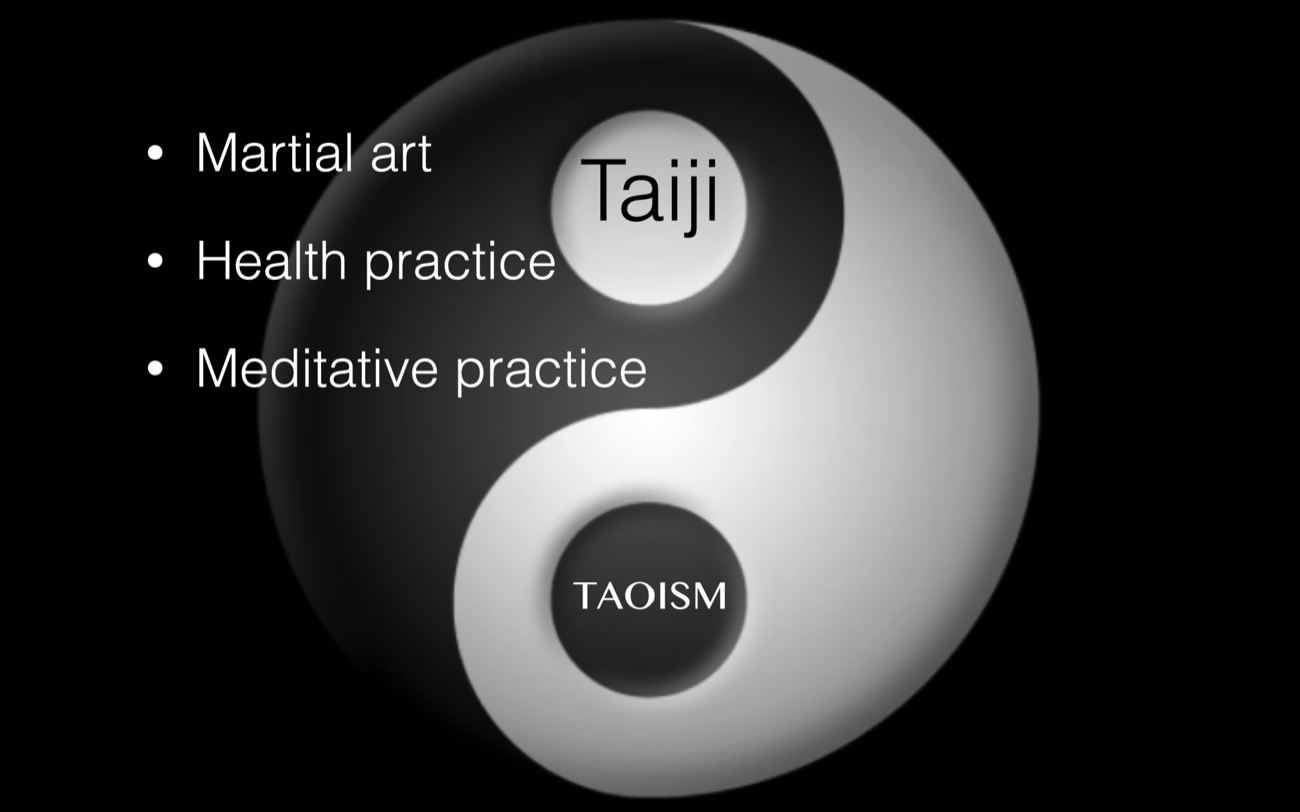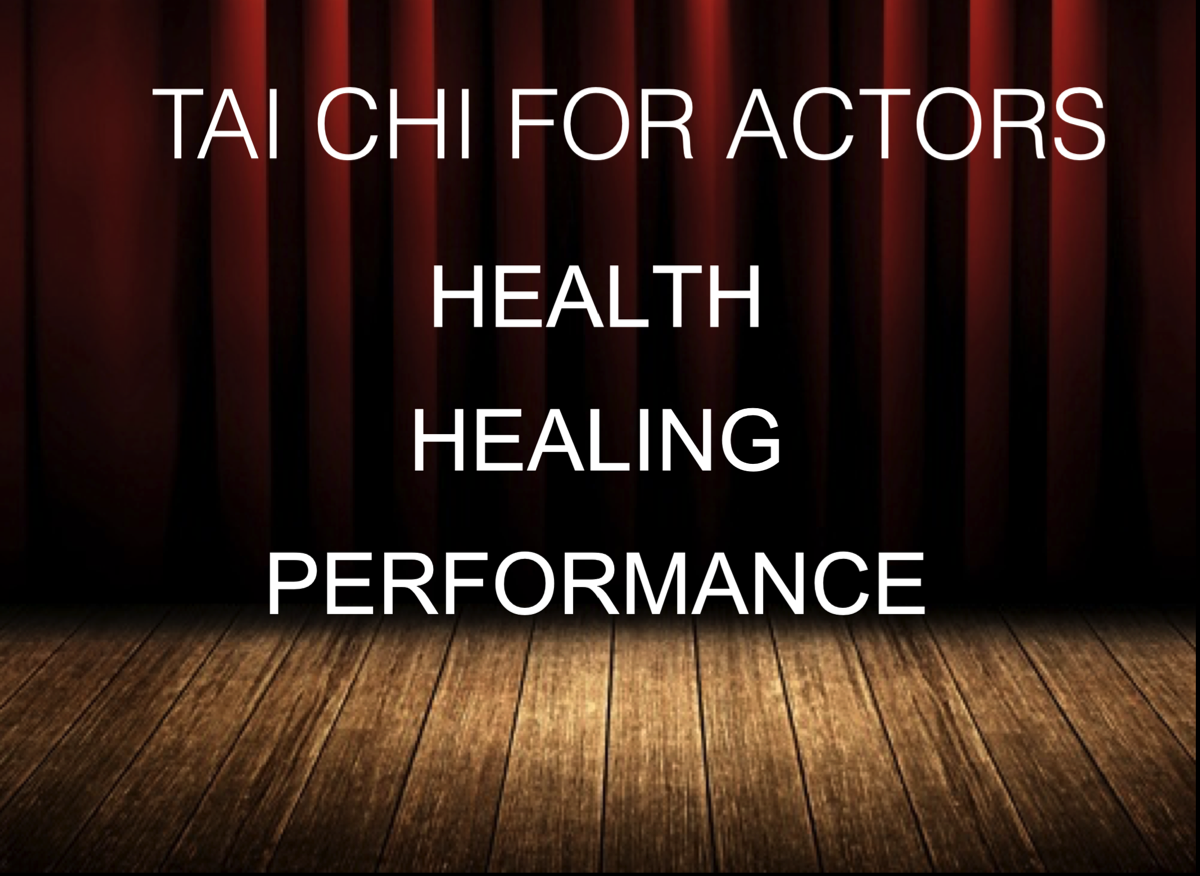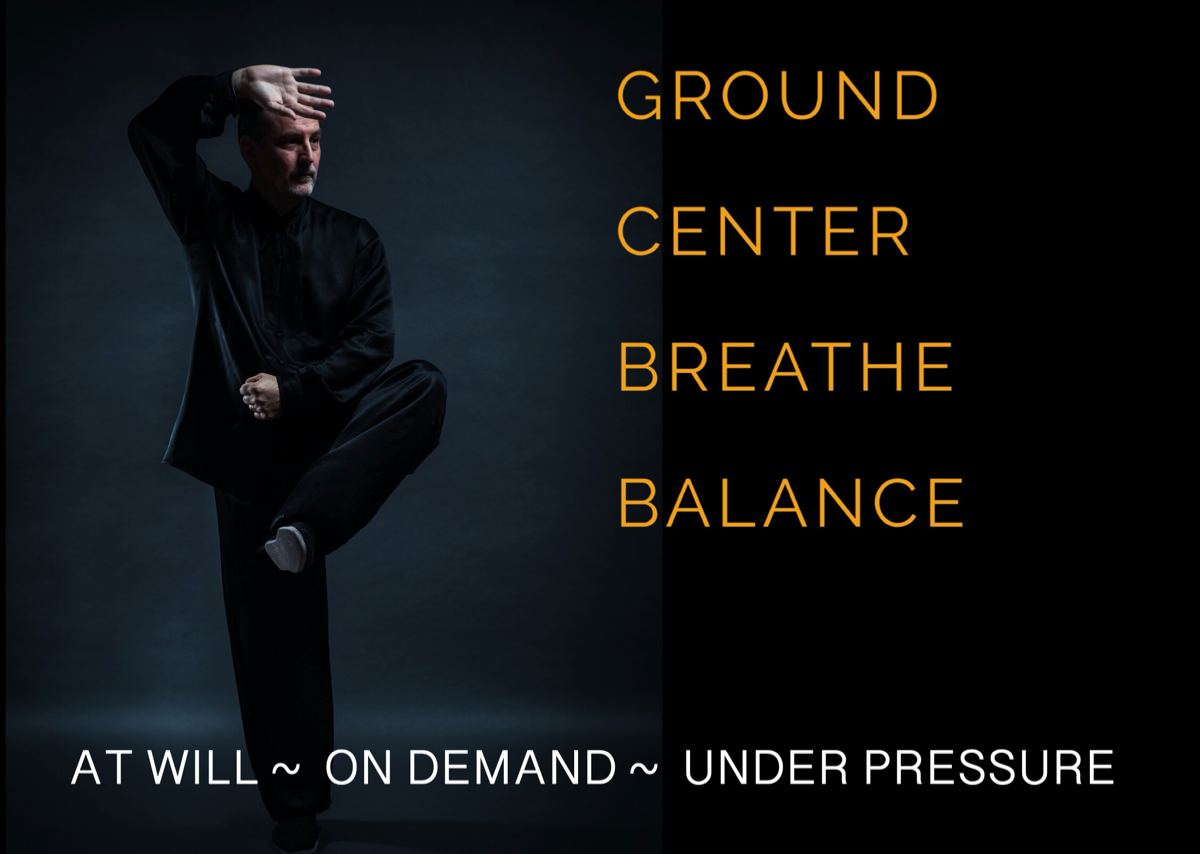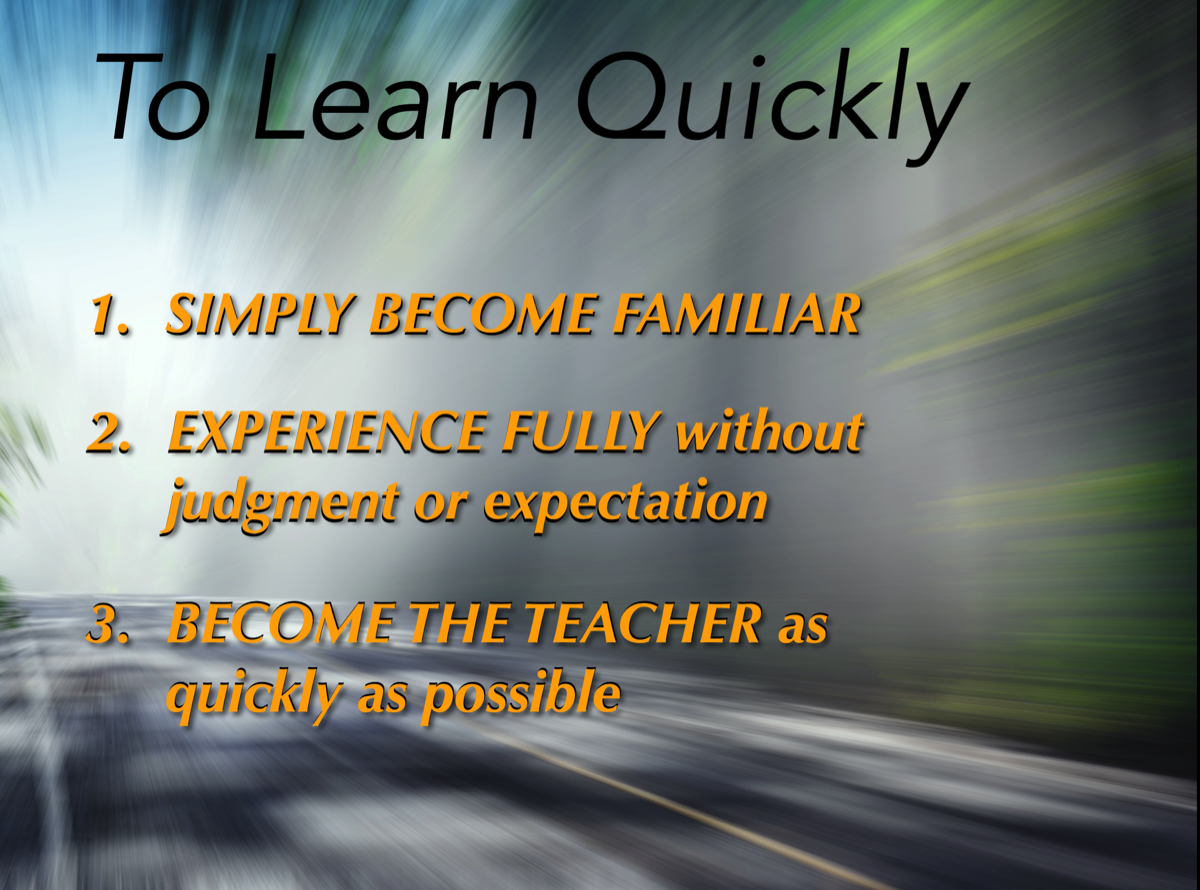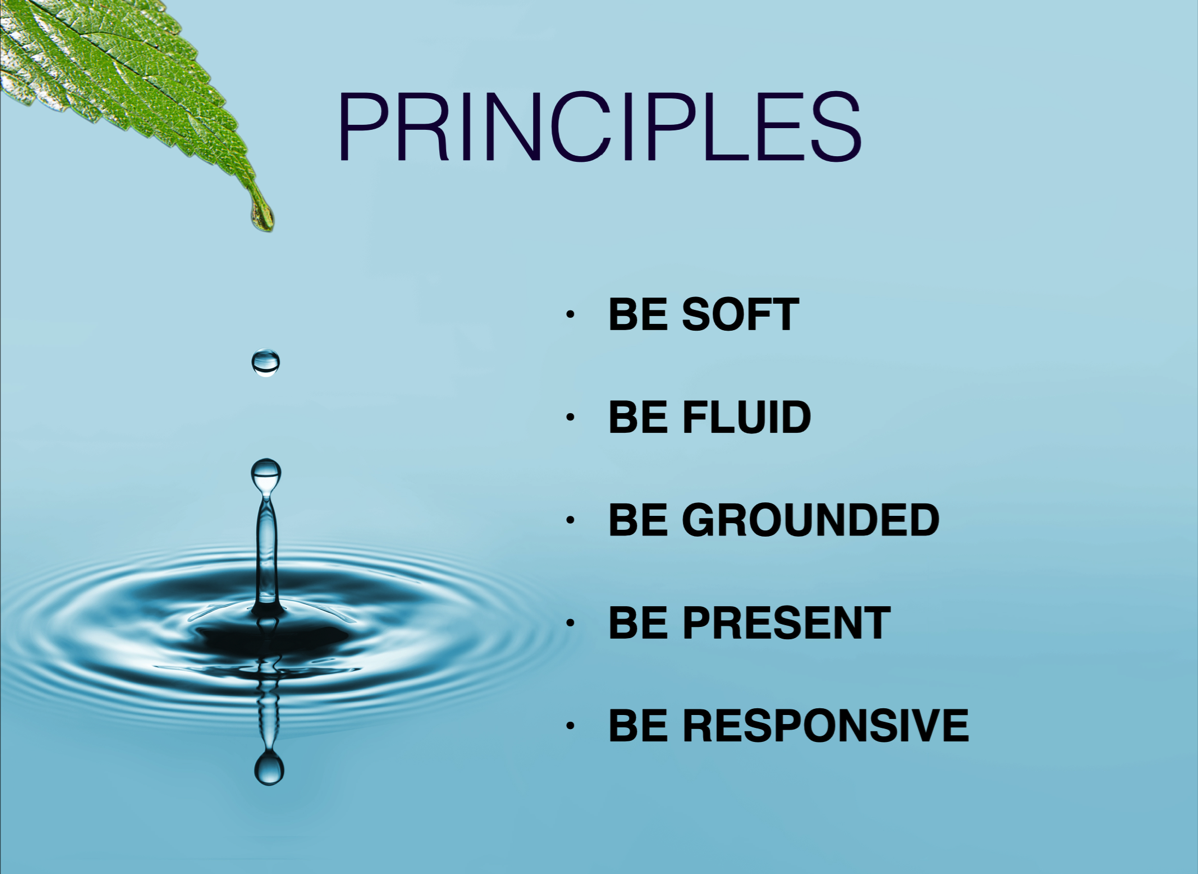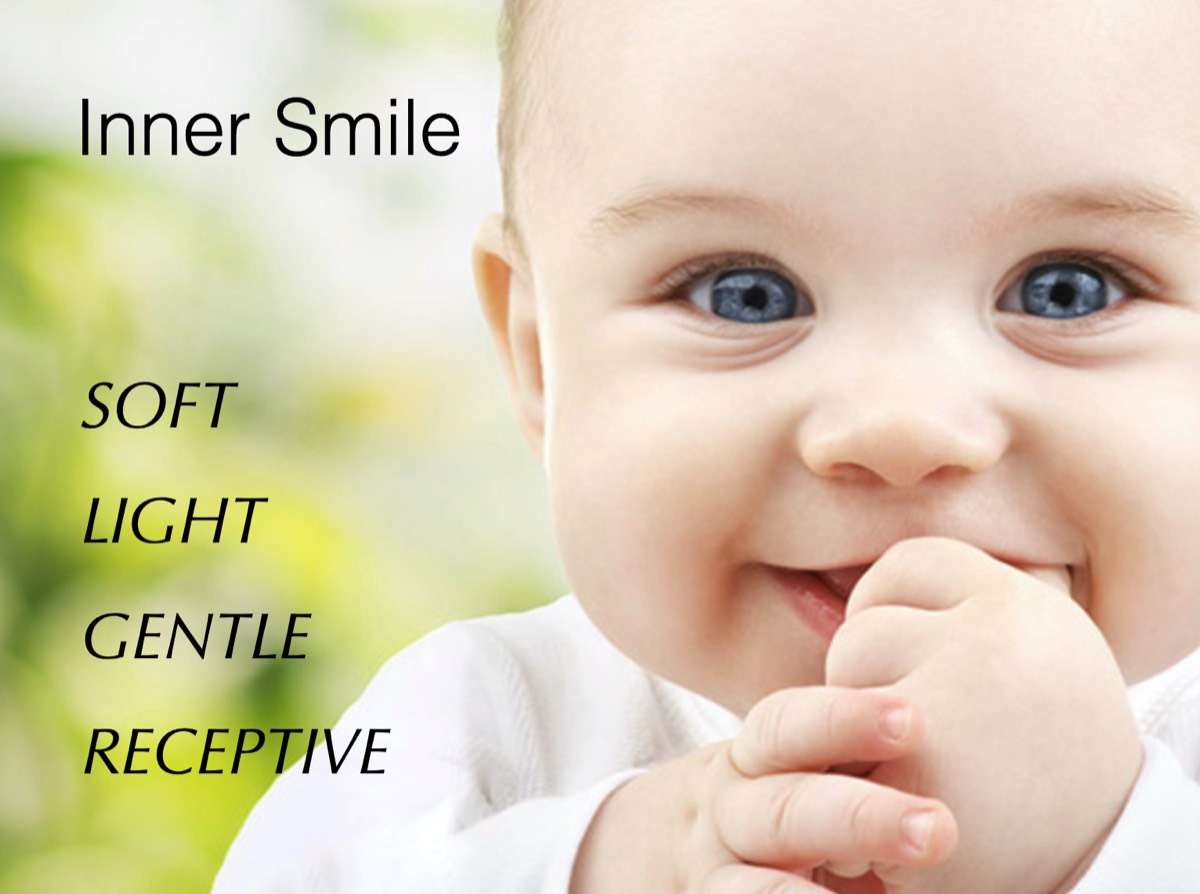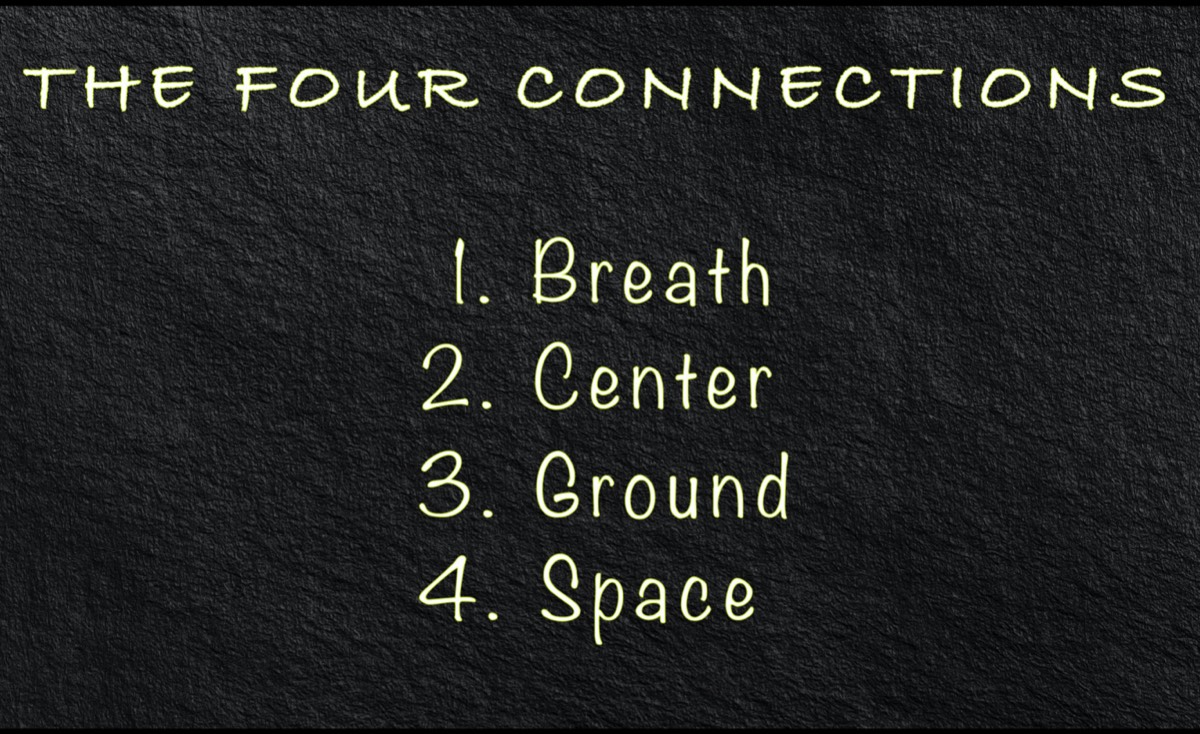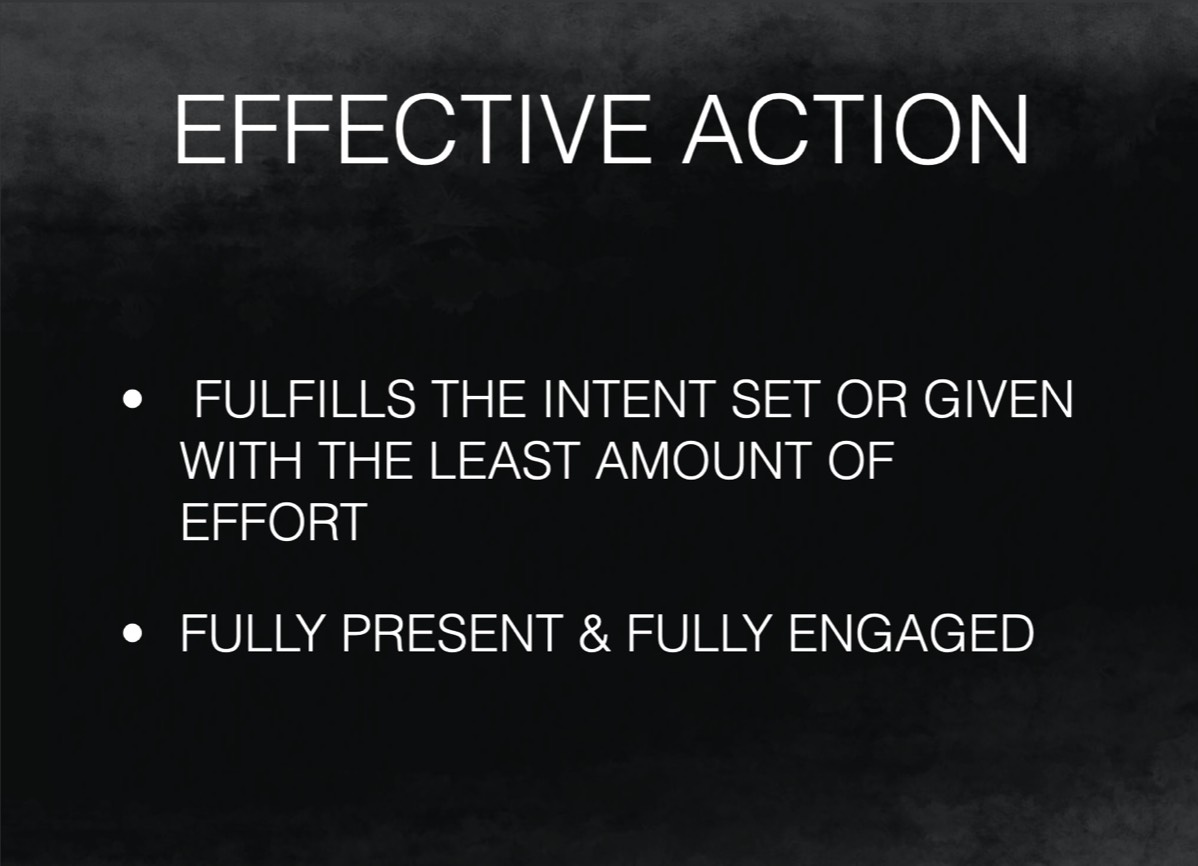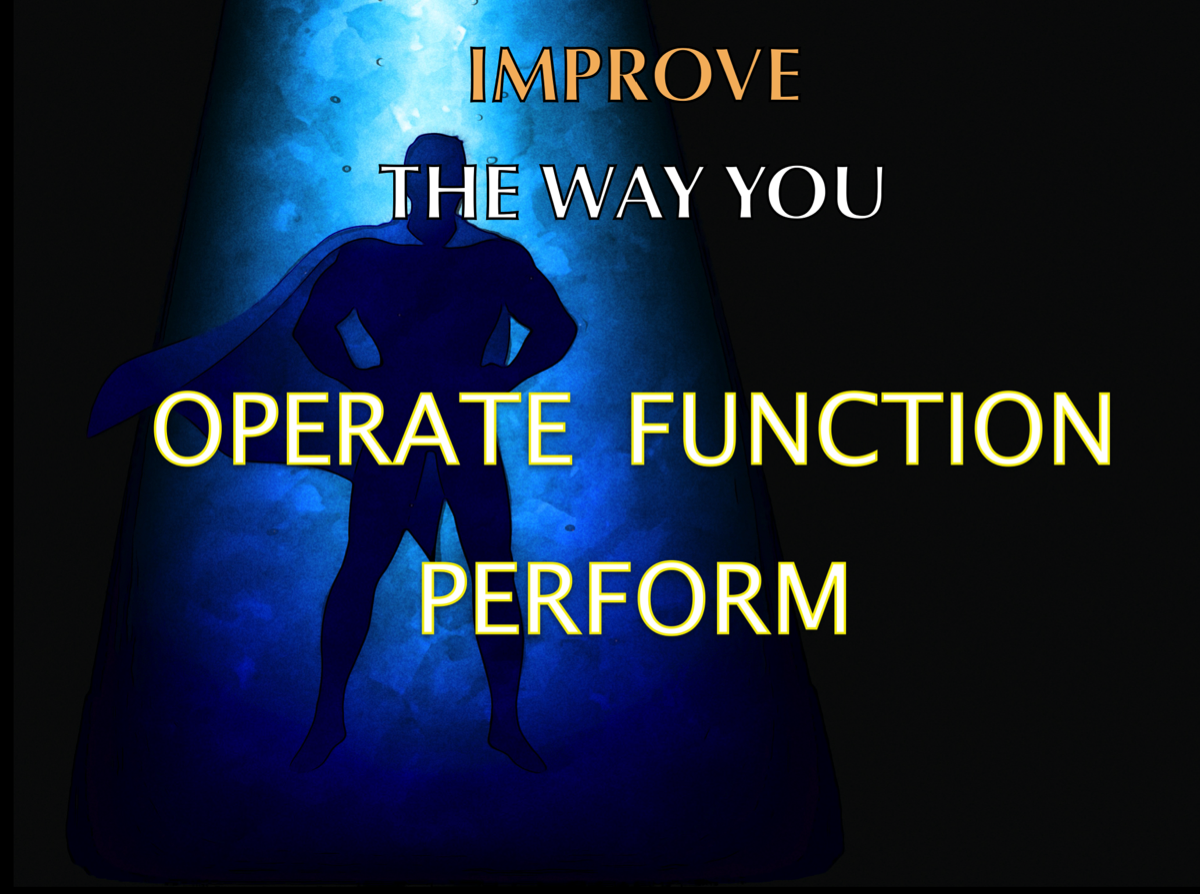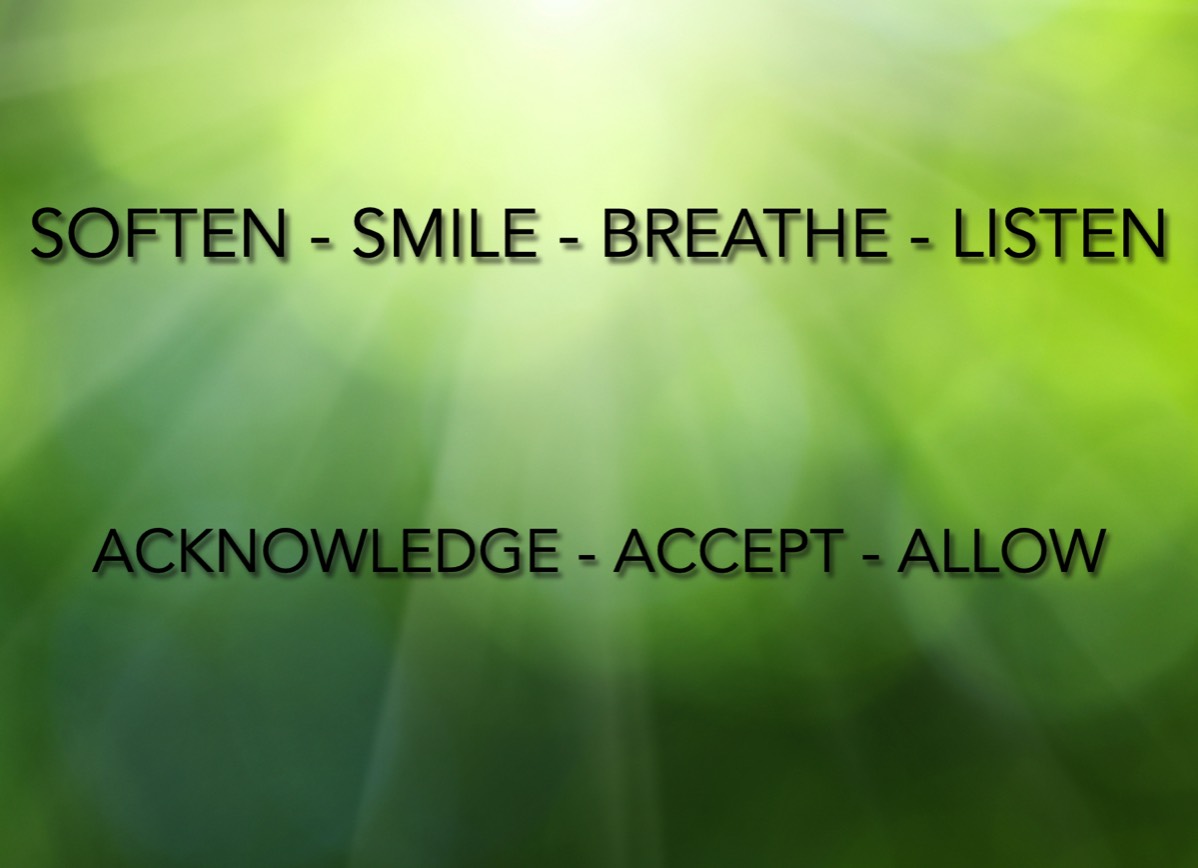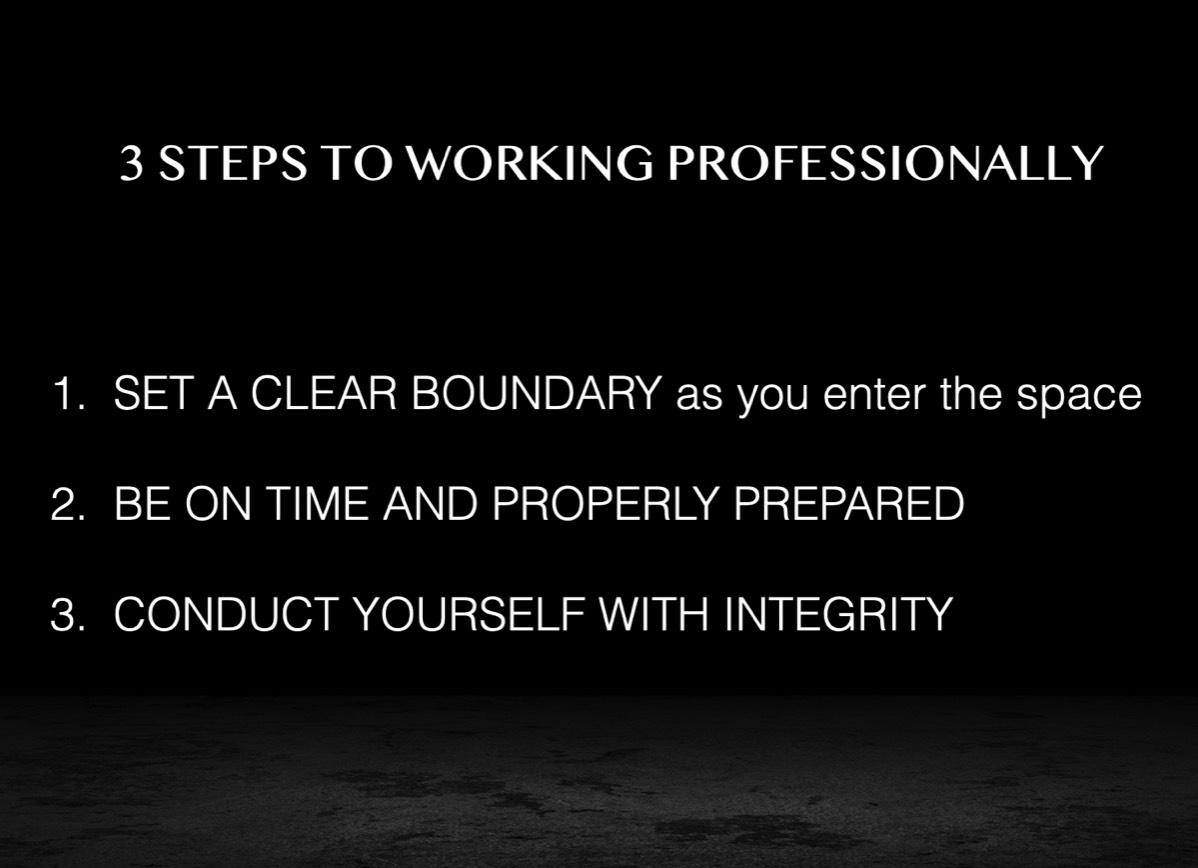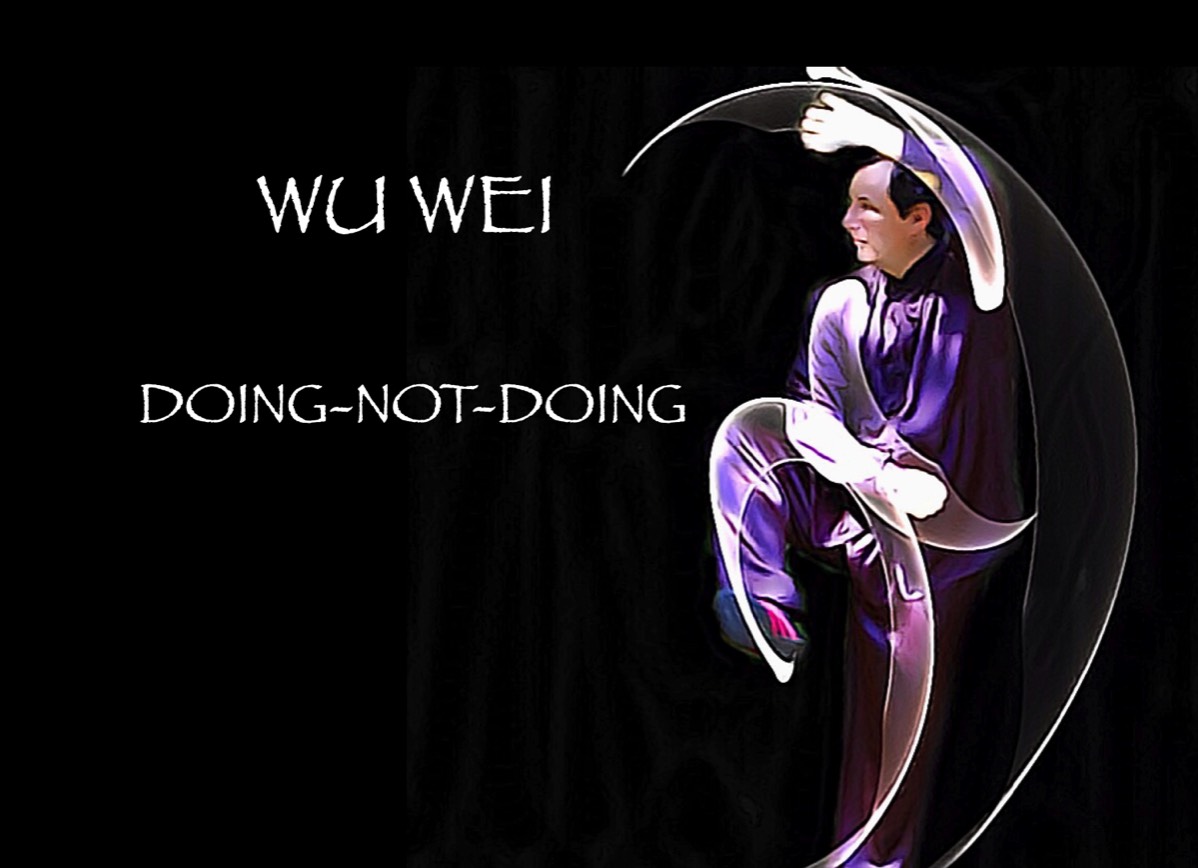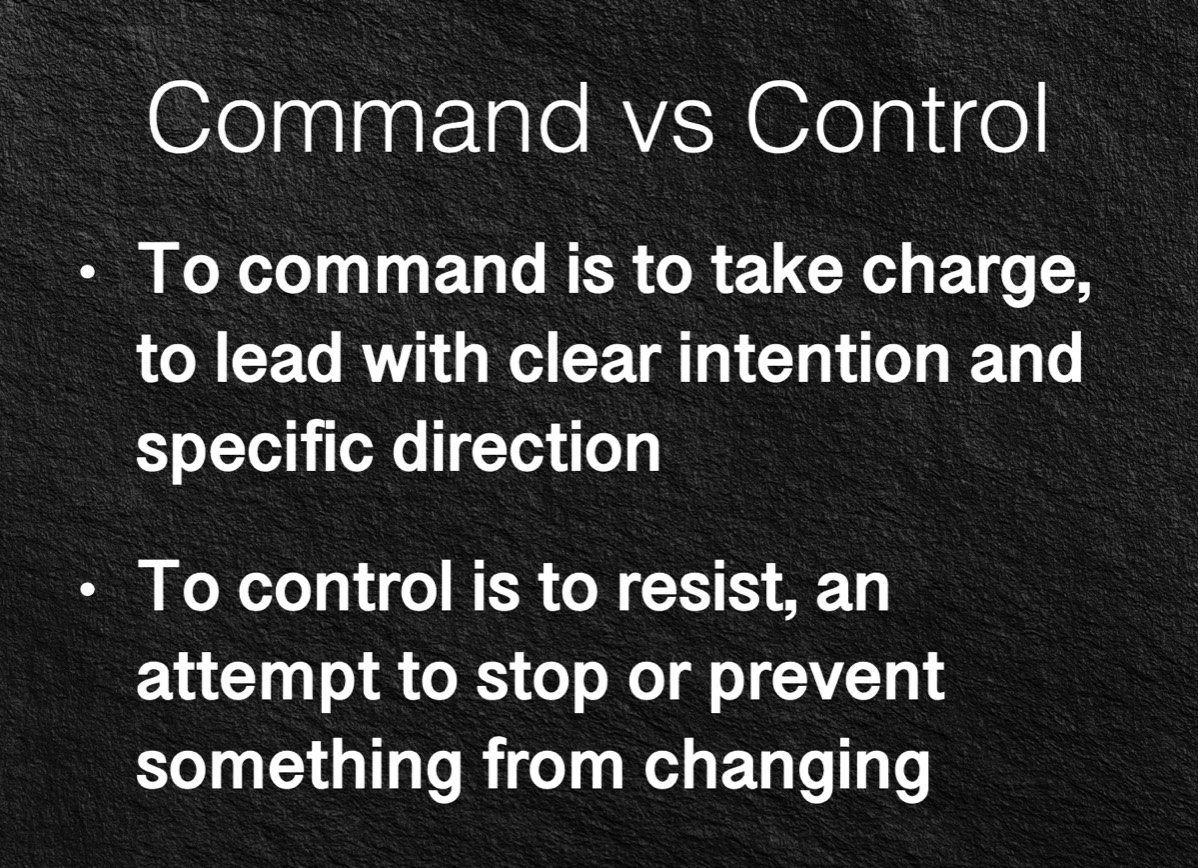TAI CHI
FOR THE PERFORMING ARTIST
“If you want to succeed and enjoy a long career, you will need to be physically healthy, emotionally stable and mentally sound. Tai Chi provides the performer with the necessary tools and more.” Ron NaVarre
ABOUT THE CLASS
No results were found
-
What is tai chi?Tai chi is a Chinese martial art, health and meditation practice based on the Taoist principles of balance and harmony. Tai chi has been an integral part of Lee Strasberg’s Method for training actors for over fifty years. Tai chi practice supports and compliments Method acting training, as they both share a foundation based on relaxation, awareness, and intention. Understanding how to create an effective action; an action that fulfills the intent set or given with the least amount of effort, is one of the goals of tai chi. Through the physical practice the student develops a greater understanding of how focus, intention, energy and effort affect performance.
-
Is tai chi difficult to learn?Learning tai chi is an investment of time, effort and energy. It teaches one to be patient, to tune in and to listen to the action and flow of the present moment. It requires repetition and consistent practice to understand, to apply and to master. Tai chi is more than a form of exercise and a martial art, it is a profound skill set that can be applied to all of life.
Approach the learning process with gentle curiosity.
Your first lesson in tai chi is a lesson in frustration. Learning tai chi is akin to learning a foreign language, in the beginning it is a slow, tedious process and is often awkward and frustrating. The language of tai chi is a non-verbal language of the body-mind, It is a language of sensing, feeling and being. This can be very frustrating for intellectual types who tend to live more in the realm of thought and concept than in the body, and for people who need to know "the what and the why" before they allow themselves to commit to experience. It is an immersive experience that requires one to open all of the senses in order to keep up and go with the flow of the class. Some students find this approach comforting, others find it frustrating and burn with questions such as, "what is this? and why do we do that? and what does this mean?"
Frustration is an opportunity not an obstacle.
It is an opportunity to observe your habitual nature, how you react to your unfulfilled expectations of self and performance. This is not easy or comfortable for most people and as such they often resist the opportunity to see themselves more clearly. When i ask a student why they are frustrated they will often reply; "because I don't understand what I am doing?" Rarely do I hear some one say "because Im not good at this" or "because I feel awkward and I don't like that feeling". Why would you expect to be good at something you have never done before? Were you good at riding a bike the first time? Did you feel adept and comfortable your first day of work or school? Of course not and yet we often assume that proficiency in one area of our life will automatically transfer to all areas and experiences. The fact is, no one feels confident and secure in the beginning, that is a given. Accept this and allow your self to feel uncomfortable for a while without becoming self-indulgent and you will begin to understand the true value of patience. Patience is the cornerstone of self-mastery and the foundation of self-cultivation. It is an exercise in self-acceptance, perhaps the greatest lesson tai chi has to offer. -
Why is tai chi a part of Strasbergs curriculum?Performing at your highest level with consistency requires a very high level of physical fitness, mental stamina and emotional balance. Balance is the key to longevity and success. Knowing how to balance yourself at will regardless of the circumstances or environment is essential for the working actor, whether it is knowing how to return to neutral after filming an emotionally charged scene or letting go of and detaching from past results and performances. Balance is a skill every actor needs to master.
Lee Strasberg believed tai chi embodied many of the same principles of the method. In tai chi he saw RELAXATION, CONCENTRATION, AWARENESS and INTENTION in a dynamic fluid form of action.
In addition, tai chi for Actors applies the principles of tai chi as a self-healing practice. It trains the actor to GROUND, CENTER, BREATHE and BALANCE at will, on demand and under pressure. An essential skill for an unpredictable lifestyle and for the rigorous demands of high performance. -
What is the overall goal for the first semester?The overall goal for the student in the first semester is to learn:
- How to breathe and focus correctly.
- How to ground and center yourself quickly.
- How to balance yourself physically, mentally and emotionally.
- How to retain and recall information/experience using sense memory.
- How to work as a professional.
-
What are the ground rules?Ground Rules
All students must bow upon entering and exiting the physical classroom. The bow signifies your respect for the teacher, your fellow students and for the learning process.
Brain Dump before the class begins. Before each class, write down in a notebook or on your computer any thoughts, feelings, issues or agendas you are currently obsessing about and do not want to forget. Empty the contents of your brain onto paper. This will help you focus on the task at hand with less distraction.
The prime rule of show business is Time = Money. Do not waste time (and therefor money) by being late, unprepared or disruptive to the working process. Conduct yourself professionally at all times with the understanding that your work ethic is how you create a professional reputation for yourself.
NO TALKING in class, especially when the instructor/director is speaking!
Turn off all cell phones and take off all watches and heavy jewelry.
Do not wear heavy perfume or cologne in studio.
Do wear deodorant and launder your uniform/workout clothing regularly.
No food allowed in the movement studios. Water only.
Keep a class journal for the duration of the semester. Write in your journal before the end of each class day. Recalling your experience will strengthen your sense memory recall. Your journal is yours alone. Your instructor will never see your journal.
Professional Etiquette
If you are going to be late or absent for any reason you must inform the school and your instructor via email, or phone call to the front desk. This rule is sacrosanct and applies to any professional meeting, interview, audition, rehearsal or performance.
Students are not allowed to record (audio or video) any portion of any class while in studio. You are allowed to take written notes in a physical notebook.
Students are not allowed to post any class material, videos or audio recordings to any social media under penalty of expulsion. -
Are there any special vocabulary terms?
YES, AND HERE THEY ARE
Tai Chi: roughly translates as Grand Ultimate Terminus or Supreme Ultimate Way. Tai chi as a philosophy dates back some three thousand years. Tai chi as a martial art is only about four hundred years old.
Qi Qong: Qi (breath energy) Qong (training), also known as Chinese yoga, is an ancient Chinese health and meditation practice as well as the foundation for internal martial arts such as Tai Chi Chuan.
Wu Chi: Before separation, the neutral state of total acceptance. Listening without judgement.
Dan Tien: Center of energy point. There are three major dan tiens in our practice. The upper dan tien located in the center of the forehead (third eye). The middle dan tien located in the center of the chest (heart center) and the lower dan tien located about 3 centimeters below the belly button. The lower dan tien is the main center and is used as the object of attention for meditation in the beginning stages of tai chi and chi qong energy cultivation.
Sinking: to bend the knees and drop ones center of gravity into the ground.
Grounding: to connect to the earth/ground by dropping the mind/awareness into your root. Grounding is a continuous downward flow of awareness and intention.
Centering: physically aligning the head, shoulders, and hips over the center of the foot. Being aware of ones center of energy (dan tien) and gravity.Centering and anchoring the mental body to the physical body with breath awareness.
Inner Smile: a soft focus in the eyes, to observe lightly, to be receptive with ones focus.
Good Breath: a full diaphragmatic breath with an inner smile.
Sung: to sink and expand simultaneously. To drop into your root and fill the space with awareness and intention.
Command: to lead/direct with clear intention.
Listen: to observe with all of ones senses without judgment or expectation. The absence of inner dialogue.
Chakra: energy center/vortex. There are seven main chakras: Crown (top of head), third eye (middle of forehead), throat, heart (center of chest), solar plexus ( just below the sternum), Naval (belly button) and root (bottom of the pelvic bowel). -
What else will I find on this website?There are many tools and resources available on stressdefense.com for health, healing and performance. There are free videos on the TRAINING PAGE as well as on the BLOG. There are also tools, techniques and courses for purchase on the STORE PAGE.
As a Strasberg/NYU student most of the tools and information you will need for tai chi class will be found on this page free of charge and there is no obligation to purchase any of the tools or courses on this site.
Below you will find more information about your instructor, several instructional videos, PDF files and audio files to help you learn the material. These are study aids and are not to be shared with any one outside of the tai chi class.
New materials will be posted throughout the semester.
YANG STYLE 13
FOR HEALTH, HEALING AND PERFORMANCE
- Apply the 3 Rules for Learning Effectively as you watch the video.
- Observe the form as a character study. What are the qualities of the character?

LECTURES
AND
AUDIO STUDY AIDS
